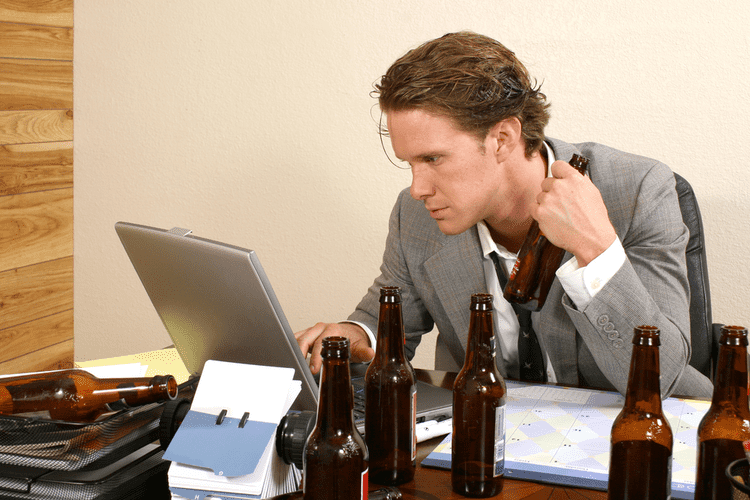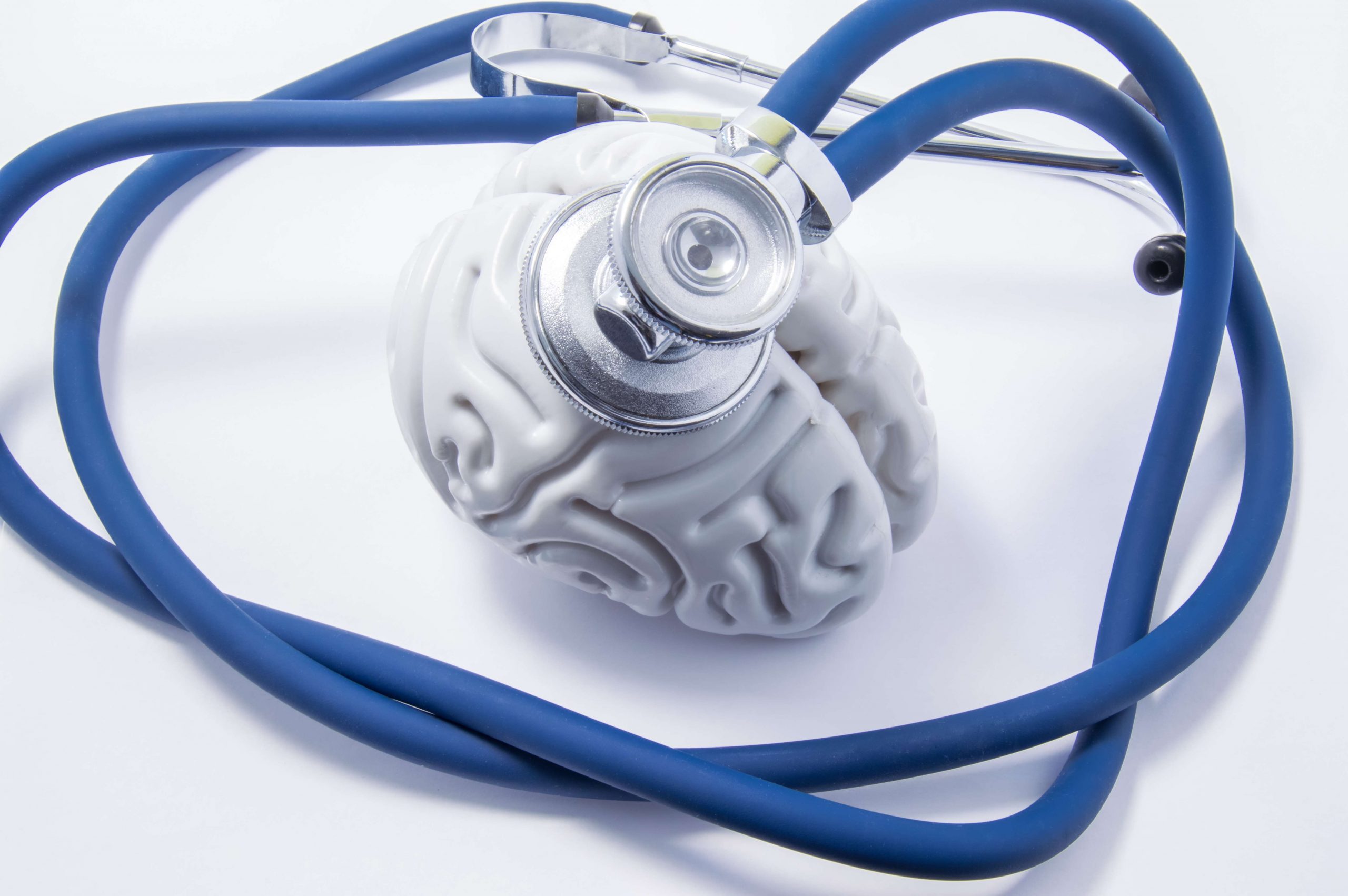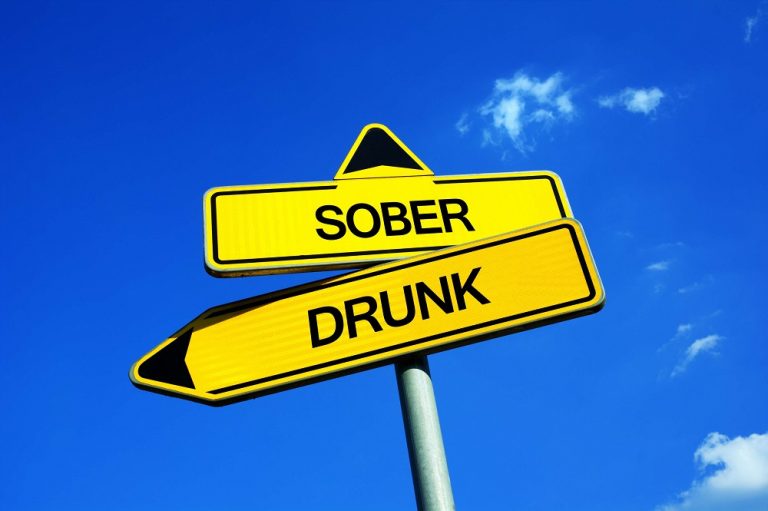Given all of this, Boden recommends that anyone dealing with depression just stay away from alcohol. However, he acknowledges how hard it can be for many people—especially in places where alcohol is a key social binding agent—to give up booze wholesale, even if they don’t have a dependency issue with it. For those who do not want to stop drinking entirely, Iannucci recommends taking a break from it for a time to see whether it improves their depression or not. At the very least, he says—especially for people on antidepressants—it’s a good idea to does alcohol make depression worse cut back to a fairly minimal amount of alcohol. If you feel you’re drinking more than you’d like or your alcohol use is making your depression symptoms worse, there are some things you can do.

Does You Or Your Loved One Need Help With Alcohol Addiction?
- The patients were randomized to either the motivational-intervention condition or a psychoeducational condition when discharged from an inpatient hospitalization.
- Alternatively, clinicians may choose to recommend at least temporary periods of abstinence for their depressed patients.
- Alcohol can worsen the depressive symptoms in individuals who have already experienced the symptoms or individuals who could be genetically vulnerable to depressive disorders.
- Unhealthy alcohol use is a spectrum of alcohol use ranging from “risky use” to alcohol use disorder (AUD).
If you think you are suffering from clinical depression or anxiety, and you’re drinking to cope, you have options for ending the alcohol/depression/anxiety cycle. Similarly, if you have AUD, develop depression and drink alcohol to cope with symptoms, you need help to end the alcohol cycle. It focuses on building safe coping strategies and emotional stability to manage stressful situations by reducing the impulse to control intense negative thoughts and emotions. This is a well-known approach that many professionals utilize when treating depression and alcohol use together.
Treatment is Available

Furthermore, alcohol disrupts sleep cycles as it’s metabolized in the body throughout the night. As your brain’s neurotransmitters rebound from the effects of inhibition, its chemistry shifts dramatically causing sleep disturbances, reduced REM sleep, and decreased melatonin production. There are certain risk factors that can make someone more likely to have depression symptoms worsen due to drinking alcohol. People who already have a family history of depression, anxiety, or other mental illnesses may be more likely to experience this. Additionally, people who are struggling with stress or trauma may be more likely to turn to alcohol to cope, which can worsen their depression symptoms. Binge drinking—drinking a lot in one sitting—or heavy drinking can leave you feeling low.

How does drinking alcohol cause or worsen depression?
Withdrawal from alcohol can Sobriety be fatal, potentially leading to seizures or delirium tremens (DTs). By understanding the bidirectional relationship of alcohol use and depression, you will be better equipped to learn how to manage and prevent these co-occurring disorders from getting worse. Here’s how alcohol use and depression fuel a self-destructive, self-perpetuating cycle. While alcohol may be a depressant, consuming a few drinks can make some individuals less inhibited and more energetic.
- Get you or your loved one help for addiction or mental health issues today.
- In some cases, professional support may be needed to learn how to best intervene or address an issue.
- Please know that everyone here at FOLX genuinely wants to help you in a supportive and non-judgmental way.